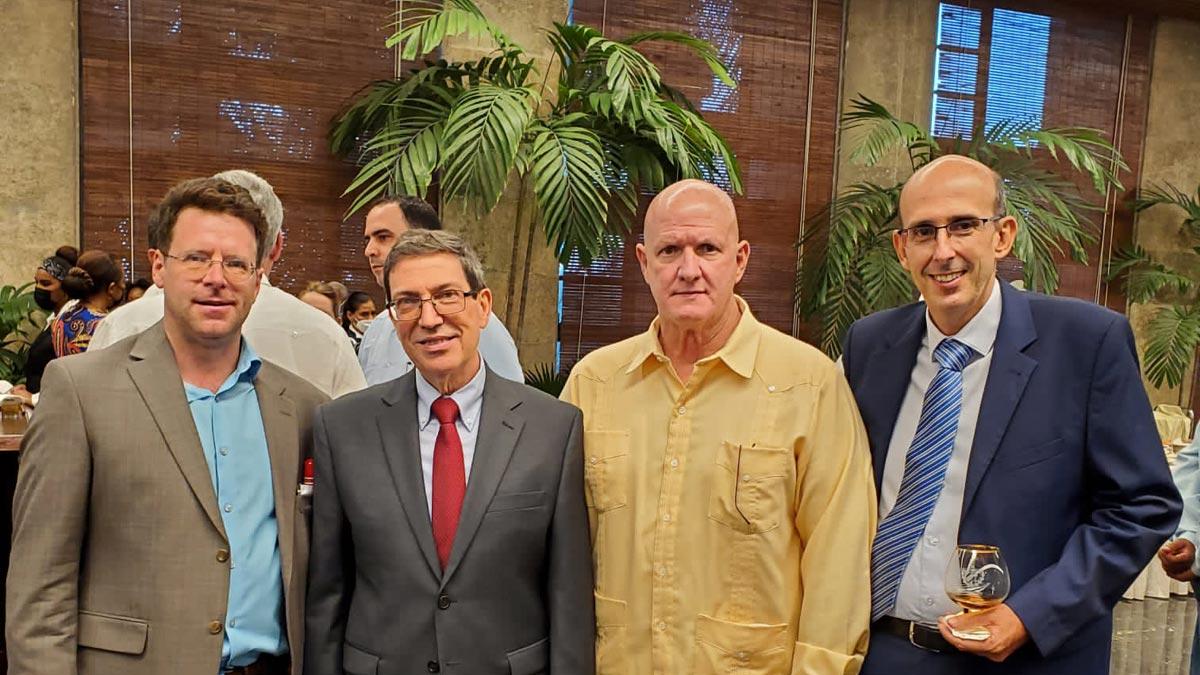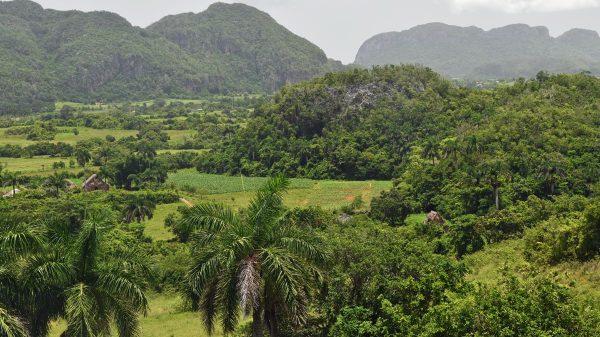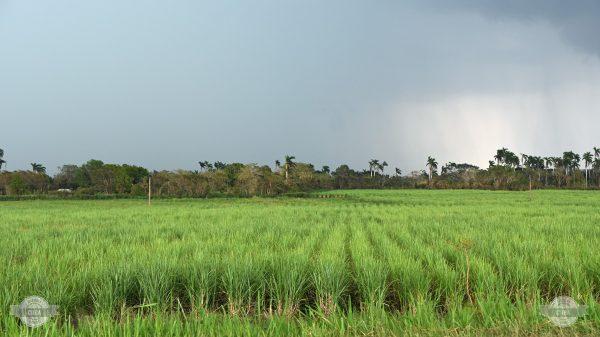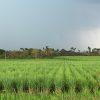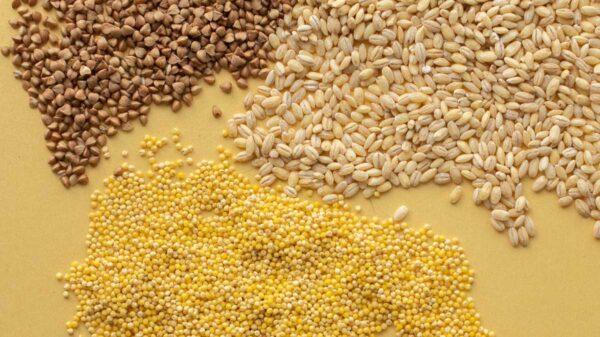The United States Agriculture Coalition for Cuba (USACC) is organizing a second business conference to take place from April 3-6 in Havana.
The USACC Conference brings Cuban and American agriculture groups together for high-level exchanges.
Last year’s event, held in April, was a success.
Paul Johnson, chair of the USACC and partner at FocusCuba Consulting, discussed his expectations for this year’s event.
“It is a challenge to direct interest in Cuba, particularly when political relations have been so cold for the past six years. Our political rhetoric directly impacts participation at any level between the US and Cuba. Few organizations or individuals will spend time or other resources on a country with so many political obstacles. Our conference attendance faces these same challenges we always have.”
There are signs that President Biden, who has largely kept Trump policies in place, is getting ready to fulfill his promise to open up U.S. policies to help Cuba’s private sector and make it easier for Americans to do business with it.
Johnson said, “However, there have been recent signals from both congress and the administration that Biden will fulfill at least part of his campaign promises on Cuba. We don’t expect him to advocate for an end to the embargo. However, there are several smaller items that he can do that would greatly impact our trade and investment. For example, removing Cuba from the list of sponsors of terrorism, permitting Cuban private sector SMEs to open bank accounts in the US, and authorizing U.S. Treasury to provide a general license for investment and microfinance loans to SMEs. That would allow the private sector here in the U.S. to directly engage with their counterparts in Cuba.”
“On the agriculture side, this would increase exports of food and needed farm inputs to agriculture cooperatives, allowing them to increase local production. If both sides permitted the private sector to engage with fewer obstacles, whether bureaucratic or financial, both sides would benefit. It would also help ease one of the fundamental underlying reasons for the migration of so many Cubans to the US, which is food security. Facilitating increased two-way trade between the private sectors would reduce food security concerns in Cuba,” he said.
Cuba’s economy is slowly recovering, helped by a recovery in tourism. However, the agriculture sector continues to under-produce, ensuring that demand for imported food will remain high.
Attendance at the conference is fully authorized by U.S. regulations that allow US travel to Cuba for professional meetings.
The USACC conference is an opportunity for American farmers to connect with Cuba’s food and agriculture sector: the policymakers, the buyers who import $2 billion in food each year, the private sector companies that are a new market for imported U.S. products, and agricultural producers in the field.
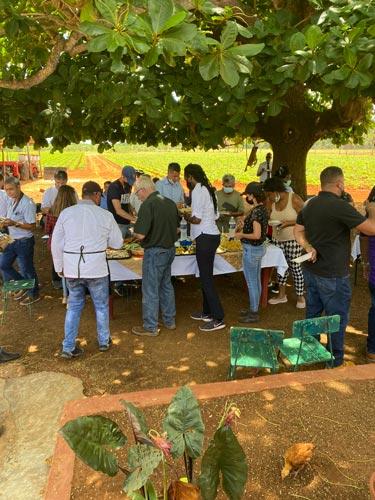
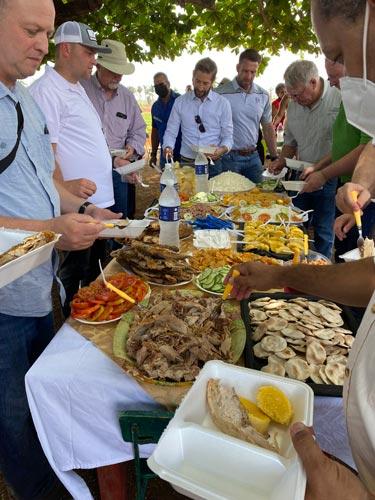
USACC Conference Agenda:
- Presentations from top officials about efforts to boost food production
- Network with top buyers from Cuba’s food importers.
- Presentation: on the new small business law and the opportunity to meet the new private companies that are potential customers for American farm products
- Presentation on the new processes for investing in Cuban farm cooperatives, and how many are exporting
- Presentation on the legalities of doing business in Cuba: exporting food products, exporting goods to private companies and farms, and investing in private businesses and cooperatives
- Day visit to private farm cooperatives to meet producers and see operations firsthand
- Meet Cuban and U.S. diplomats and listen to discussions on bilateral relations
- Visit markets where produce is sold at supply and demand prices, and imported grocery hard-currency stores
- A separate cultural itinerary that complies with U.S. regulatory requirements is available for spouses/travel partners.
When: April 3-6, 2023.
Tickets: Get tickets for the USACC conference here.
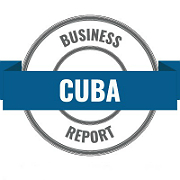
From our staff writers and editors.






